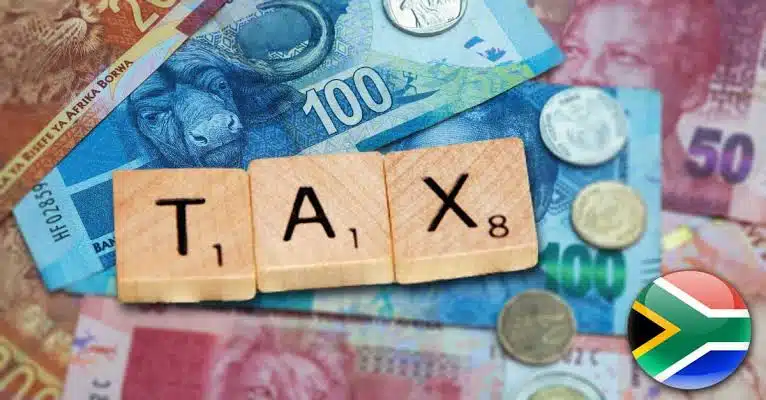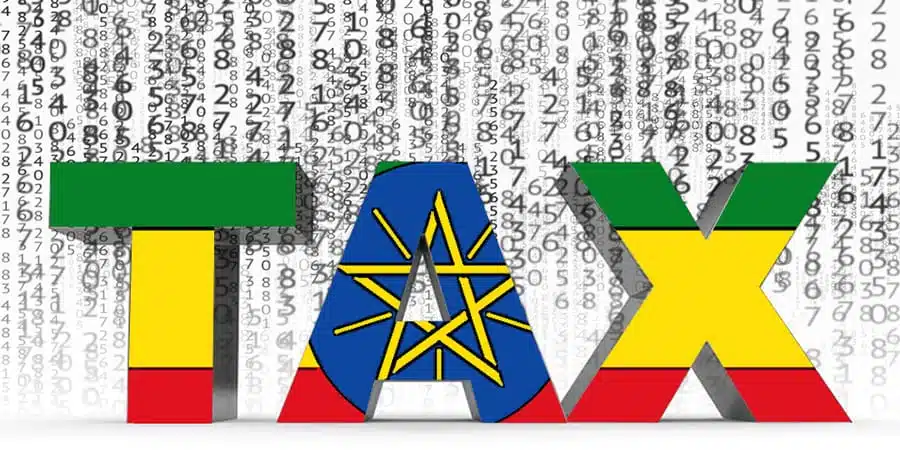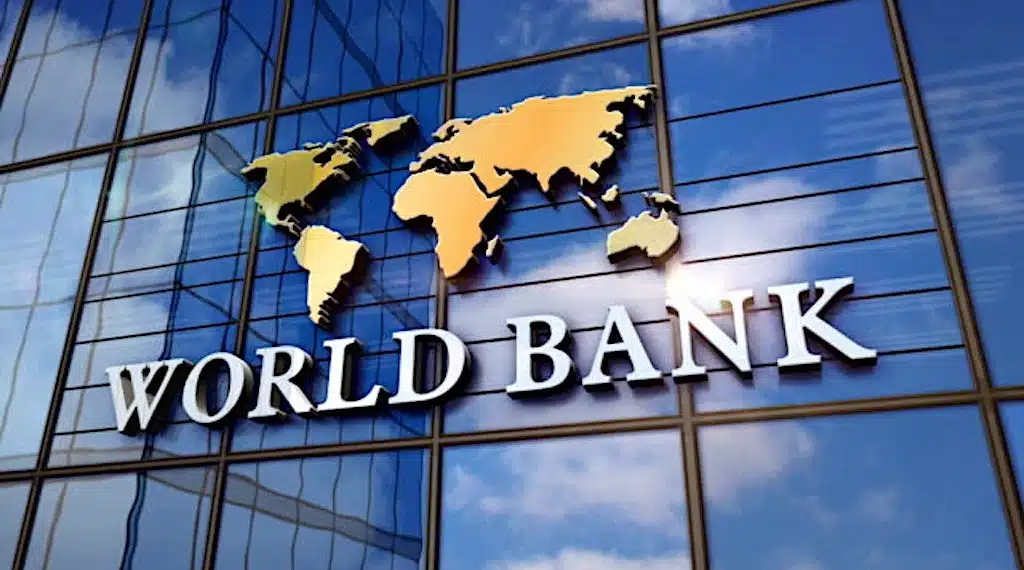South Africa’s government is moving ahead with tax increases as part of its latest budget proposal, including a higher Value Added Tax (VAT) rate and a stealth tax that will leave many workers with less take-home pay.
Finance Minister Enoch Godongwana, on Wednesday, outlined the revised spending plan, scaling back overall expenditure and reducing a previously proposed VAT increase in an attempt to win support from the country’s divided governing coalition.
Despite this reduction, the new plan introduces tax increases that may go unnoticed by many South Africans—at least at first.
What’s Changing?
Under the reworked budget plan, the National Treasury will raise VAT by 0.5 percentage points on 1 May 2025, followed by another increase on 1 April 2026, bringing the total rate to 16% by 2026.
This is a smaller rise than the previously proposed 2% hike, which was rejected three weeks ago.
Additionally, the government has confirmed that it will not adjust the personal income tax bracket to account for inflation. This means many workers will find themselves paying more tax without actually receiving higher wages.
Duties on alcohol and tobacco products will also rise, with excise taxes on cigarettes, cigars, and pipe tobacco increasing by 6.8%, and those on vaping products by 4.8% from 1 April 2025.
The hidden tax hike: how inflation increases the tax burden
One of the most controversial elements of the budget is the stealth tax—a tax increase that does not come from higher rates, but from inflation pushing workers into higher tax brackets.
As VAT hikes take effect, inflation is expected to rise, driving up both consumer prices and wages.
Ordinarily, when inflation increases, governments adjust income tax brackets so that salaries keep pace with the cost of living.
However, South Africa’s Treasury has chosen not to do so.
As a result, workers will see their purchasing power decline as they pay a larger share of their earnings in tax. Middle-income earners will be most affected because they have limited flexibility to restructure their compensation.
Economic and market impact
The budget proposal comes at a time of political uncertainty in South Africa.
Following last year’s elections, which failed to produce a clear winner, the government has struggled to agree on economic policy.
The ruling African National Congress (ANC) has been forced to compromise on VAT increases to secure support from coalition partners, but opposition parties, including the Democratic Alliance (DA), continue to push back.
The rand weakened by 1.3% following the announcement before recovering some losses. Meanwhile, government bond yields rose, reflecting market concerns over the tax hikes and South Africa’s fiscal position.
Meanwhile, Nedbank Group chairman Daniel Mminele warned that the lack of consensus over South Africa’s budget has created uncertainty for businesses, urging lawmakers to resolve their differences to ensure policy stability.
“We should take comfort in the fact that the minister has tabled the budget documents, allowing the process to continue and negotiations to progress,” Mminele said. “But we cannot be complacent simply because a budget has been presented—we do not yet have a budget.”
Lawmakers are set to vote on the new budget in May, but both coalition and opposition parties have already indicated they will not support the proposed 0.5 percentage point VAT increase.






